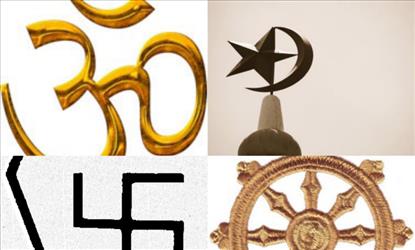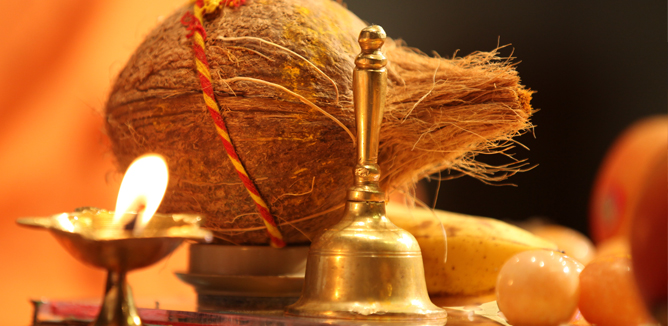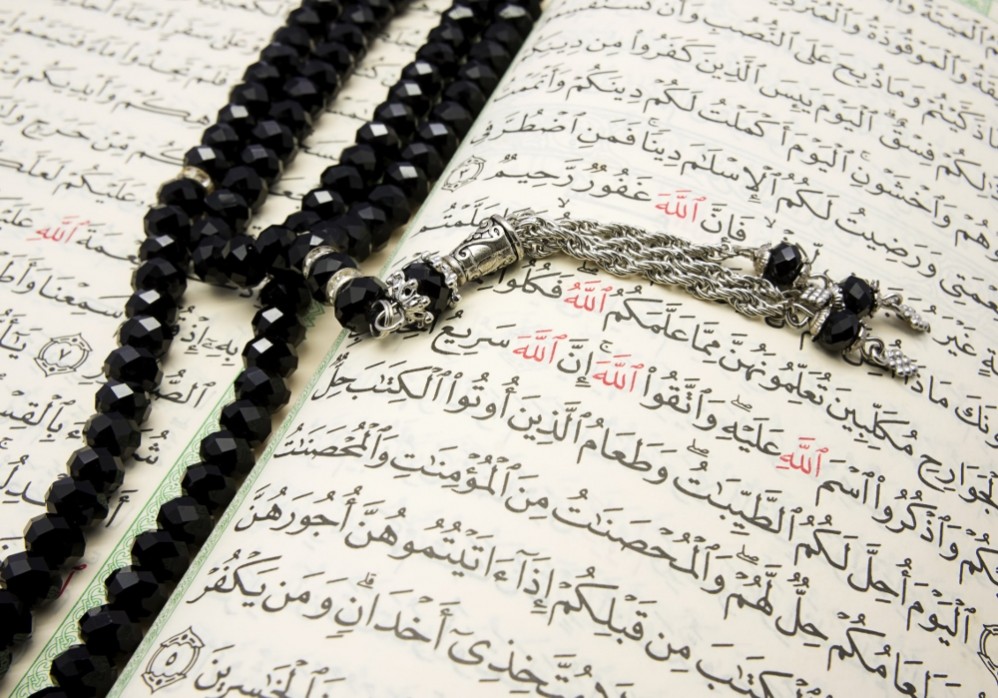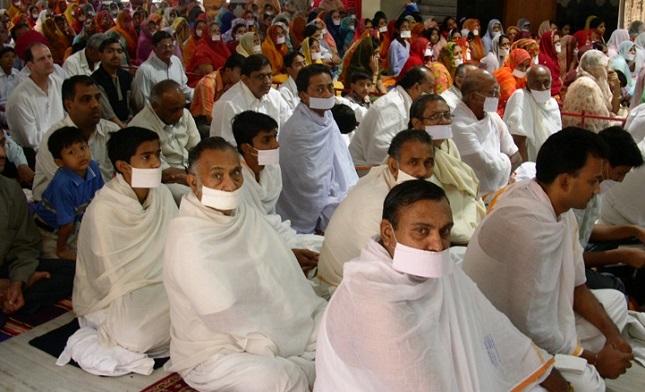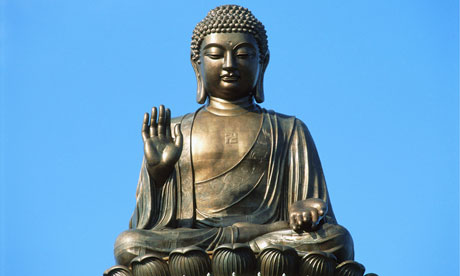Kerala are a mixture of different faiths, most significantly Hinduism, Islam and Christianity. Kerala has a reputation of being, communally one of the most tolerant states in India. According to Census of India figures, 54.73% of Kerala's residents are Hindus, 26.56% are Muslims, 18.38% are Christians, and the remaining 0.32% follows other religion or no religion.
1. Hinduism
Kerala produced several saints and movements. Adi Shankara was a Brahmin philosopher who contributed to Hinduism and propagated philosophy of Advaita. Hindus in Kerala also strongly believe in power of snake gods and usually have sacred snake groves known as Sarpa Kavu near to their houses. Sabarimala is one of the largest annual pilgrimages in the world, with an estimated over 100 million devotees visiting every year. Malayali Hindus have unique ceremonies such as Chorunu (first feeding of rice to a child) and Vidyarambham.
2. Islam
The modern theological orientations amongst the Muslims of Kerala are primarily divided into three; Sunnis, Mujahids (Salafis) and Jamaat-e-Islami Hind, though all these belong to the Sunni branch of Islam. The Sunnis referred here are identified by their conventional beliefs and practices and adherence to the Shafi'i madh'hab, while the other two theological orientations, the Mujahids and the Jama'ats, are seen as movements within the Sunni Islam.
3. Jainism
The Jain religion was brought to the South in the third century BC by Changragupta Maurya and the Jain saint Bhadrabahu, according to Jain traditions. They came to Sravanabelgola in Mysore. The Jains came to Kerala with the rest of the Chera immigrants starting in the sixth century.
4. Buddhism
The idol of Buddha at Mavelikara is 4 feet (1.2 m) tall, and is perhaps the biggest such statue in Kerala. The statue is in a seated posture, resembling Padmasana. A feature common to the idol is that hair has not been engraved on the head.
